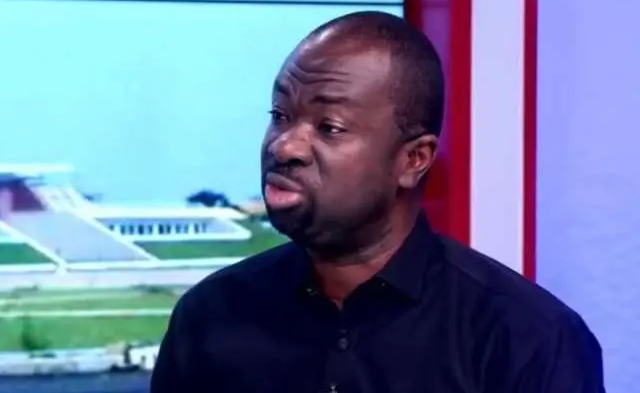The recent Ablekuma North parliamentary rerun was tragically marred by violence, sparking widespread concern and condemnation. The incident, which should have served as a testament to democratic processes, was instead overshadowed by chaotic scenes that threatened the safety of voters and undermined the integrity of the electoral process. This unfortunate turn of events highlighted the fragility of democratic institutions and the pressing need for responsible leadership to address the underlying issues contributing to political violence. The violence itself manifested in various forms, from physical altercations and intimidation to the destruction of property, creating an atmosphere of fear and distrust among voters and raising serious questions about the effectiveness of security measures in place to protect the electoral process.
At the center of the ensuing controversy is Majority Leader Mahama Ayariga, whose dismissive characterization of the violence as “child’s play” ignited widespread outrage and condemnation. His remarks, delivered within the hallowed halls of Parliament, were perceived as not only insensitive and disrespectful to the victims of the violence but also as a dangerous trivialization of a serious threat to Ghana’s democratic stability. This dismissive attitude, critics argue, risks normalizing violence and emboldening those who would resort to such tactics to achieve political ends. By downplaying the significance of the violence, Ayariga effectively undermined the gravity of the situation and sent a troubling message about the government’s commitment to ensuring free, fair, and peaceful elections.
Responding to Ayariga’s controversial statement, the Member of Parliament for Manhyia South, Lawyer Nana Agyei Baffour, delivered a scathing critique of the Majority Leader’s dismissive attitude. Baffour argued that such remarks were irresponsible and unbecoming of a national leader, particularly given the serious implications of electoral violence for Ghana’s democratic future. He emphasized the importance of leaders setting a positive example by promoting peace, unity, and stability, rather than trivializing matters that pose significant risks to the nation’s democratic fabric. Baffour’s intervention highlighted the growing concern among political figures and the public alike about the escalating trend of political violence and the urgent need for accountability and responsible leadership.
The Manhyia South MP’s condemnation of the violence and Ayariga’s dismissive response underscored the broader anxieties surrounding political violence in Ghana. The Ablekuma North incident served as a stark reminder of the vulnerability of electoral processes to disruption and intimidation and the potential for such incidents to erode public trust in the democratic system. The violence witnessed during the rerun raised serious questions about the capacity of law enforcement agencies to maintain order and protect voters, further fueling concerns about the integrity and credibility of future elections. The incident also highlighted the urgent need for comprehensive electoral reforms and strengthened security measures to prevent future occurrences of violence and ensure the safety and security of all participants in the electoral process.
The incident and its aftermath have sparked a national conversation about the root causes of political violence and the measures needed to address this growing threat to Ghana’s democracy. Many have pointed to the increasingly polarized political landscape, characterized by inflammatory rhetoric and a win-at-all-costs mentality, as contributing factors to the rise in violence. Others have highlighted the need for stronger institutions, improved electoral processes, and greater accountability for perpetrators of violence to deter future incidents. The debate has also focused on the role of political leaders in shaping public discourse and promoting peaceful engagement, emphasizing the need for leaders to refrain from inflammatory rhetoric and actively promote tolerance and respect for differing political viewpoints.
Moving forward, it is crucial for all stakeholders, including political parties, civil society organizations, and government institutions, to work together to address the underlying causes of political violence and create a more conducive environment for peaceful and credible elections. This includes fostering a culture of political tolerance, strengthening the capacity of law enforcement agencies to prevent and respond to violence, and promoting greater public awareness about the importance of peaceful participation in the democratic process. Only through concerted efforts can Ghana ensure the integrity of its democratic institutions and safeguard the future of its democracy. The Ablekuma North incident should serve as a wake-up call for all Ghanaians to commit to building a more peaceful and democratic future.


